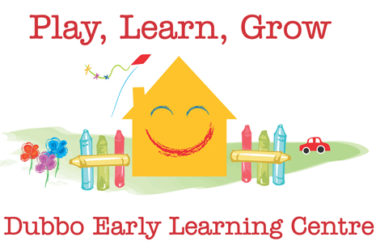As educators we are always making decisions. It is a form of ongoing learning that involves engaging with questions of philosophy, ethics and practice. Its intention is to gather information and gain insights that support, inform and enrich decision making about children’s learning. (EYLF, p.14).
The EYLF and MTOP says we must reflect
The Framework creates an image of the early childhood educator as a PROFESSIONAL who is committed to providing high quality care and education.
Engaging in reflective practice is one of the 5 key principles guiding professional practice and ‘reflective practice’ is a form of ongoing learning that involves engaging with questions of philosophy, ethics and practice (EYLF pg.14).

The NQS says we have to critically reflect. Where does reflective practice fit with the 7 NQS Quality Areas? Educators engage in reflection of their skills and practices to each NQS Standard. This opens opportunities to build further practice and reflect on achievements. It builds the QIP.
Critical reflection creates better educators.
That is the correct answer. Educators who seek ways to challenge and improve what they already know are better educators in the long run. Educators who regularly reflect on what they do and why are building knowledge and understanding that in turn improves practice which in turn means better outcomes for children.
None of Us Have Ever Been in the Sector for Money.
If you think you don’t get paid enough to be operating at this level then change jobs or get a different qualification. Anyone can reflect (Cert 111, Diploma etc) but it is a willingness to learn, being open to new ideas, seeing things from different perspectives, identifying your strengths and accepting the need for improvement that will allow you to reach your full potential as an early childhood educator.
It takes energy and commitment in a busy daily routine. It has nothing to do about whether you can spell or construct grammatically correct sentences. The best reflections can be written in Greek, Arabic or Martian.
As Educators we need to continually seek ways to build our professional knowledge and develop learning communities where children and families are active and engaged partners and decision-makers. To do this we need to think about “how well do I understand the children in my care?” “How well do I really know their families?”
Reflective practice recognises that the knowledge we have is limited and that we need to find, explore and create opportunities to build our knowledge and understanding. It is a form of ongoing learning which involves educators in questioning, evaluating, analysing and engaging in deep thinking about their practice.
We continually ask ourselves: why, what if, how, what else about the program/interactions with children/ families/our team/most importantly, ourselves? By doing this every day we are engaging in reflective practice and we continue to learn and develop ourselves as educators.

We are building layers of knowledge and professional practice – just like the layers in an onion.

